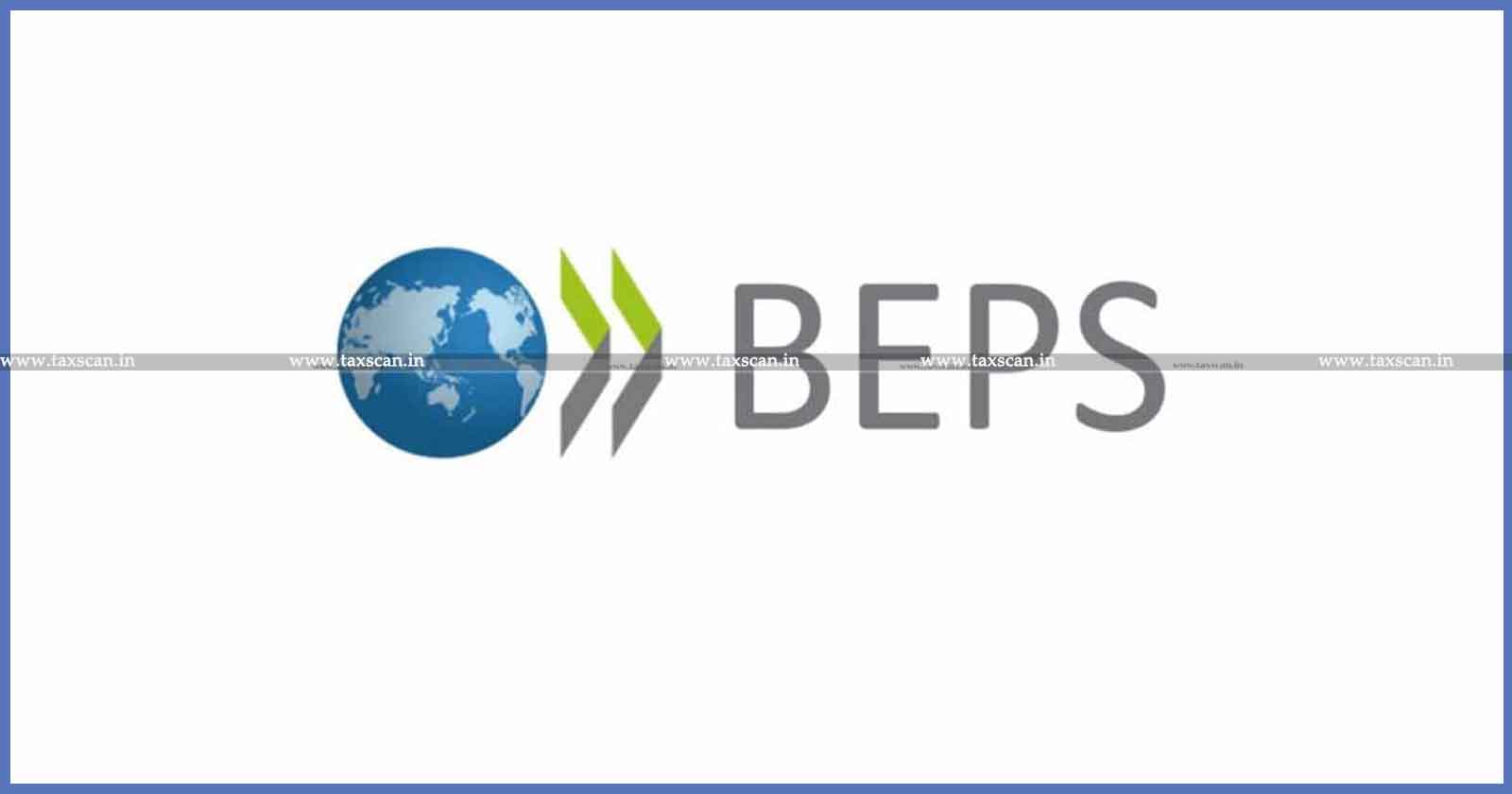Base Erosion and Profit Shifting (BEPS) in India

Base Erosion and Profit Shifting (BEPS) in India – Erosion – Profit Shifting – BEPS – India – taxscan
Base Erosion and Profit Shifting (BEPS) in India – Erosion – Profit Shifting – BEPS – India – taxscan
Base erosion and profit shifting (BEPS) refers to corporate tax planning strategies used by multinationals to "shift" profits from higher-tax jurisdictions to lower-tax jurisdictions or no-tax locations where there is little or no economic activity, thus "eroding" the "tax-base" of the higher-tax jurisdictions using deductible payments such as interest or royalties. For the government, the tax base is a company's income or profit. Tax is levied as a percentage on this income/profit. When that income / profit is transferred to another country or tax haven, the tax base is eroded and the company does not pay taxes to the country that is generating the income. As a result, tax revenues are reduced and the government is detained.
The Organisation for Economic Co-operation and Development (OECD) define BEPS strategies as "exploiting gaps and mismatches in tax rules".While some of the tactics are illegal, the majority are not. Because businesses that operate across borders can utilize BEPS to obtain a competitive edge over domestic businesses, it affects the righteousness and integrity of tax systems.
Working of Base Erosion and Profit Shifting (BEPS)
Tax is levied on the multinational company by the Government as a percentage of the profit or income of the multinational company. Using the loopholes, the multinational company shifts its income or profit to another country which could be a tax haven. As a result, the country which helps the multinational company generate its revenues does not get any tax or there is tax erosion due to the shifting of income or profits by the company.
Measures taken by India to solve the BEPS issue
Indian is playing an important role in the BEPS Project initiated by the OECD. India is working on amending its laws to tackle the problem of BEPS.
India has already implemented some of the important recommendations of the BEPS project through amendments in its domestic tax laws such as
- Country-by-Country Reporting (CbCR)– It is part of the Organization of Economic Cooperation and Development’s Base Erosion and Profit Shifting Action Plan 13. As per Indian Income Tax Act, Section 286(2), the CbCR is required to be submitted by an Indian affiliate of a foreign-parented group or Indian parent company.
- India and the U.S. signed an inter-government agreement for the automatic exchange of country-by-country (CbC) reports.
- This will reduce the compliance burden for Indian subsidiary companies of U.S. parent companies.
- This is a key step in making India compliant with the Base Erosion and Profit Shifting (BEPS) project, of which it is an active participant.
- Thin capitalization – Thin Capitalisation refers to a condition where a company is financed with a high level of debt compared to the equity (highly leveraged)
- Secondary Adjustments – On 30 September, 2019, Rule 10CB of Income Tax rules amendments were notified by the Central Board of Direct Taxes (CBDT).
- Patent Box tax regime – It was introduced in India by enacting new Section 115BBF as per Finance Act, 2016.
The Multilateral Convention to Implement Tax Treaty Related Measures to Prevent Base Erosion and Profit Shifting (BEPS) was signed by former Finance Minister Arun Jaitley in Paris on June 7, 2017. The provisions in the framework will come into effect from 2020-21 for bilateral tax treaties.
The Convention ensures consistency and certainty in the implementation of the BEPS Project in a multilateral context. The Convention also provides flexibility to exclude a specific tax treaty and to opt-out of provisions or parts of provisions through making of reservations.
Benefits for India
- The Multilateral Convention will enable the application of BEPS outcomes through modification of existing tax treaties of India in a swift manner.
- It is also in India’s interest to ensure that all its treaty partners adopt the BEPS anti-abuse outcomes.
- The Convention will enable the curbing of revenue loss through treaty abuse and base erosion and profit shifting strategies by ensuring that profits are taxed where substantive economic activities generating the profits are carried out and where value is created.
CONCLUSION
India is the first country to impose such a levy, post the OECD action plan. A tax panel has recommended expanding the ambit of this levy to cover a wide gamut of transactions including online marketing, cloud computing, website designing, hosting and maintenance, platforms for sale of goods and services, and online use of or download of software and applications.
Support our journalism by subscribing to Taxscan premium. Follow us on Telegram for quick updates


